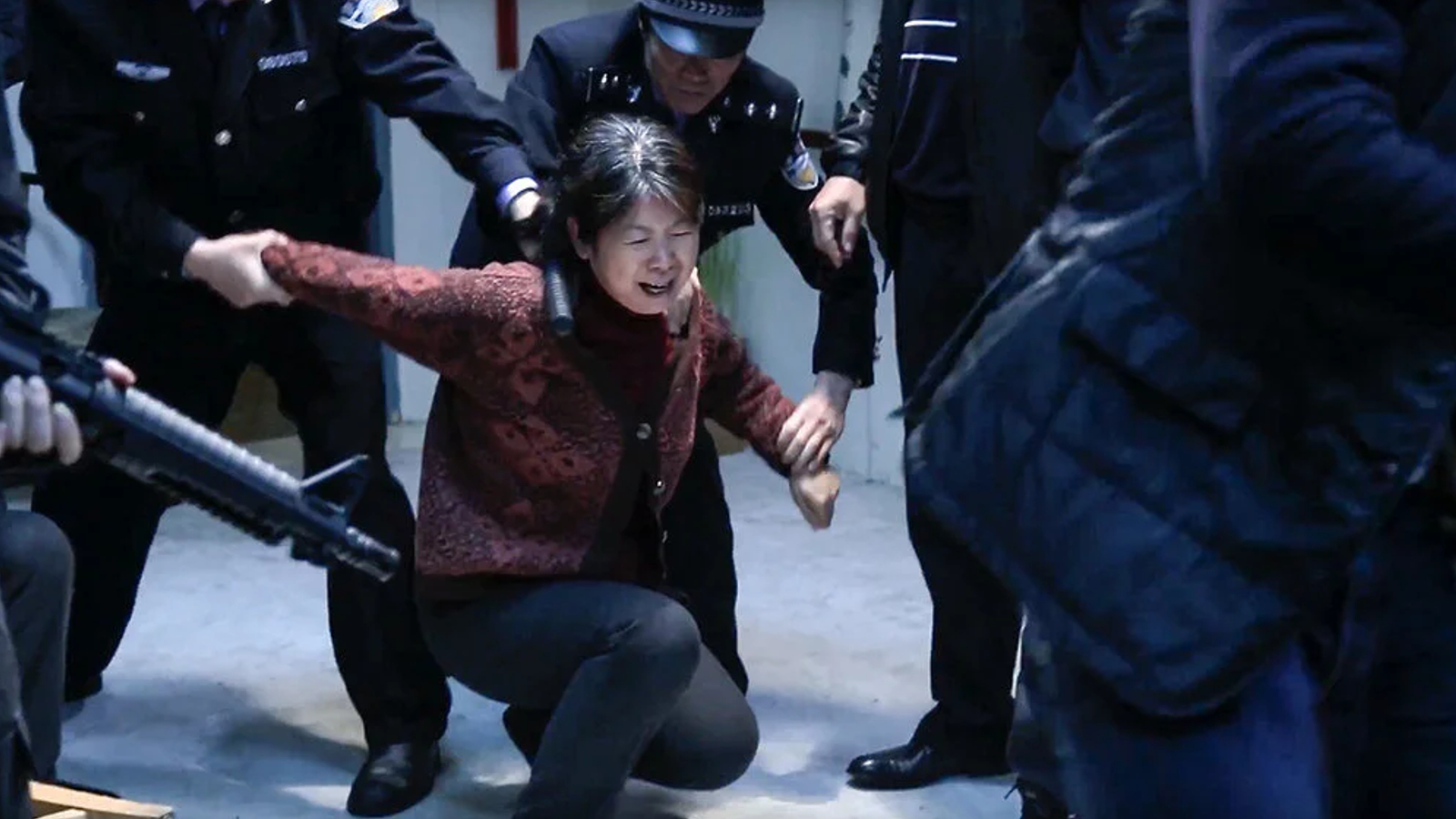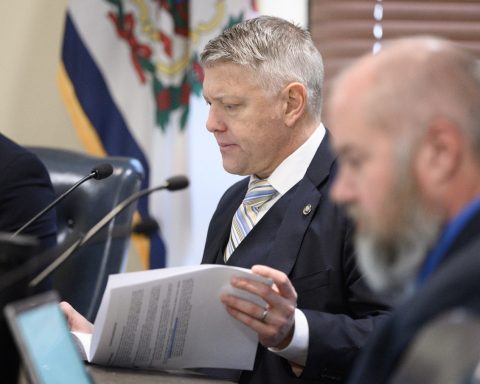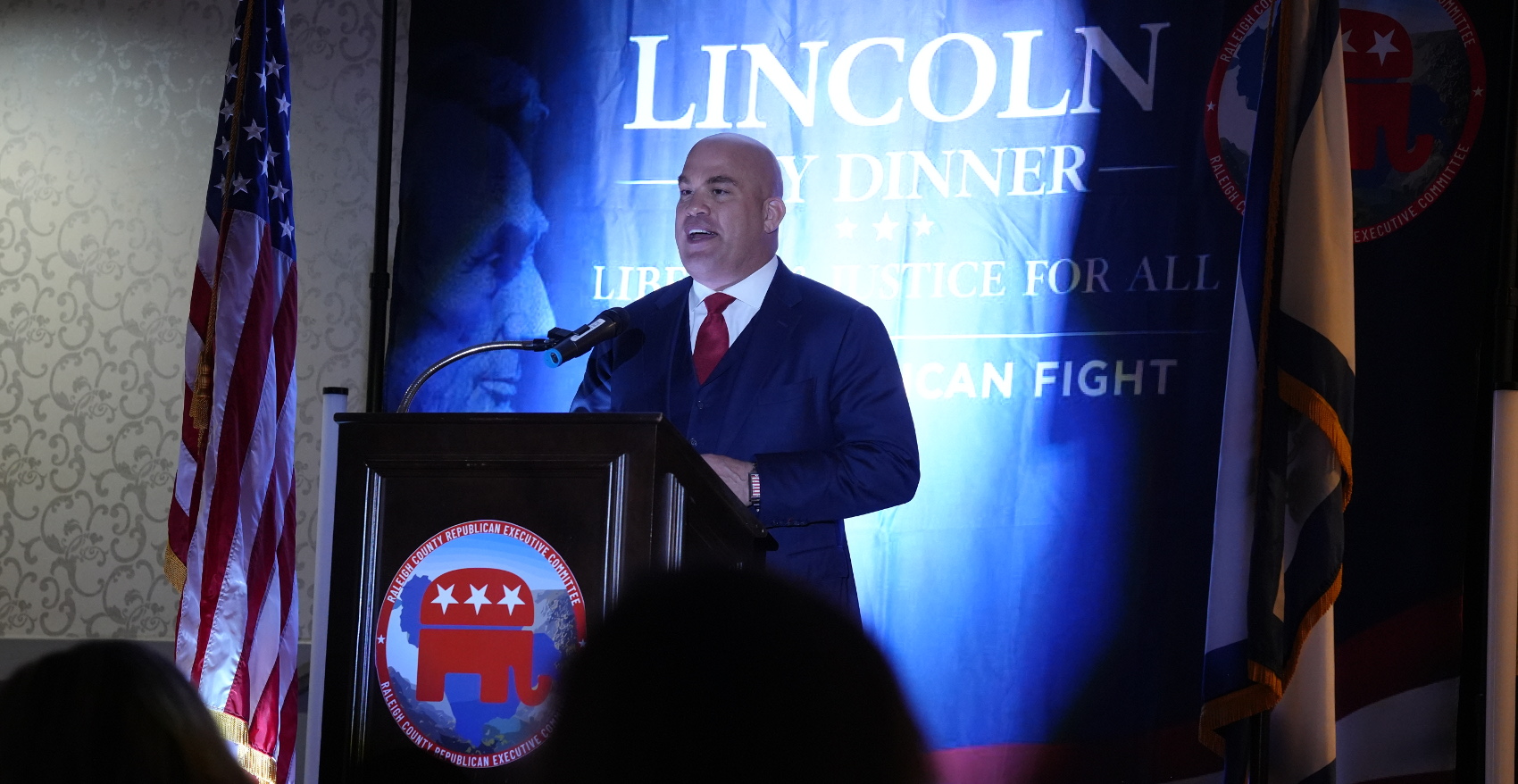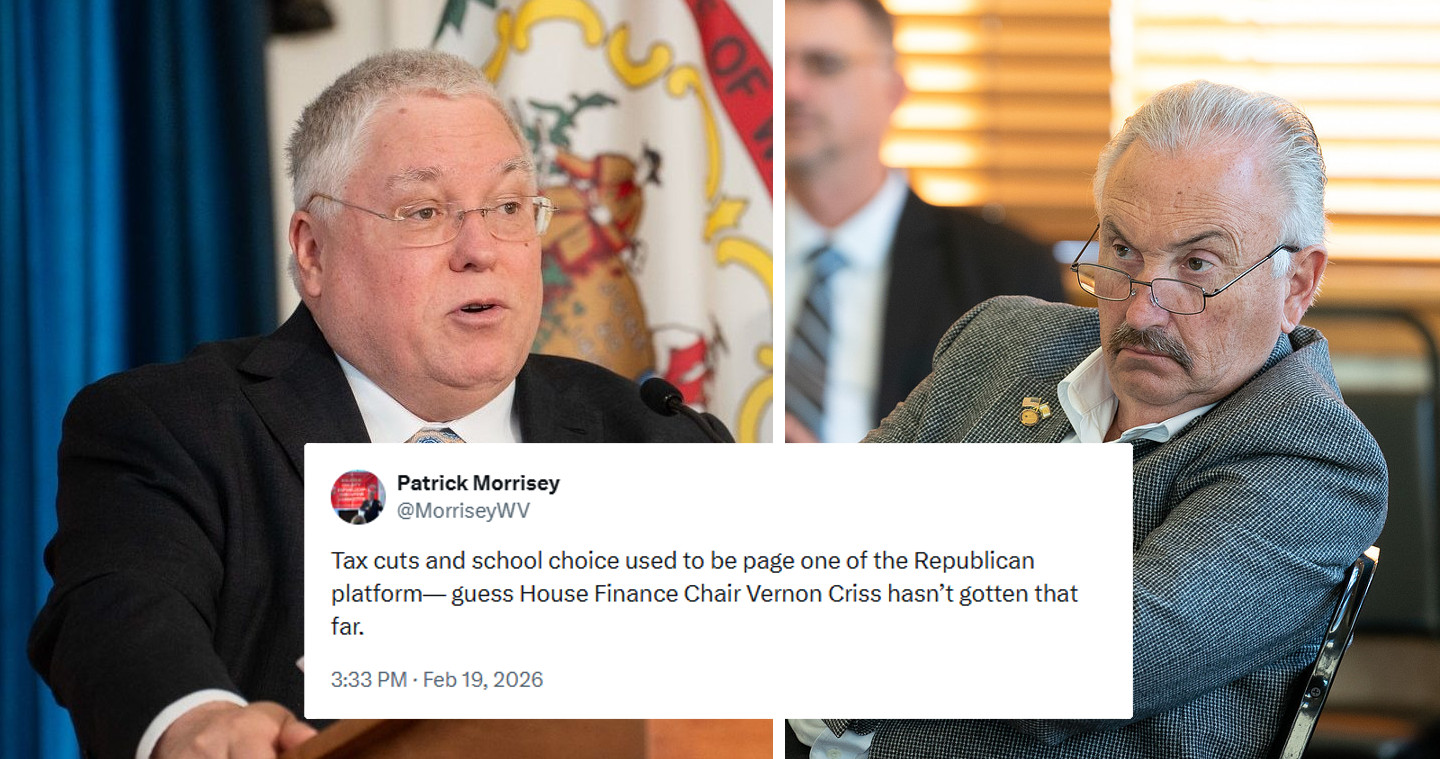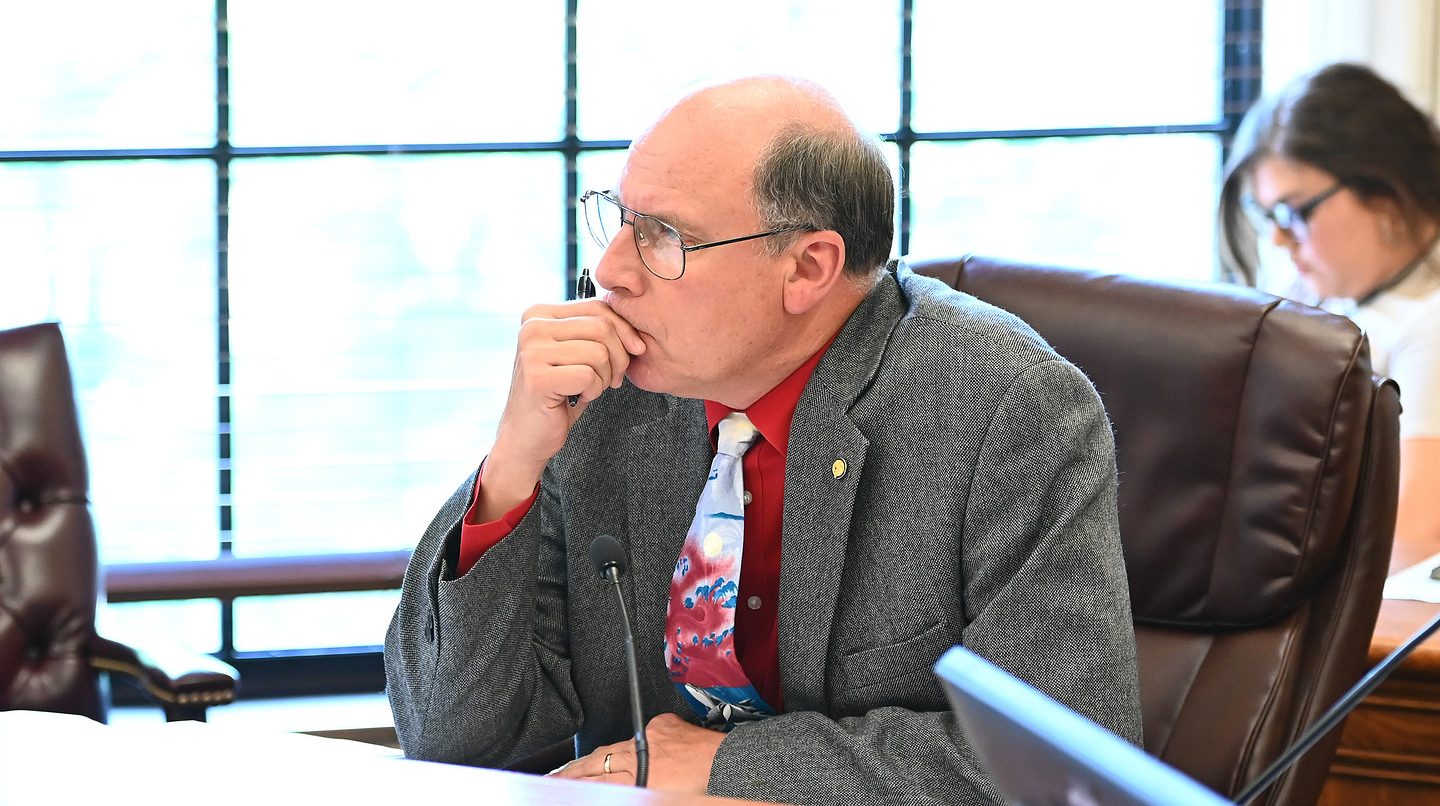WASHINGTON — A bipartisan panel of policy experts told lawmakers Thursday that China’s escalating campaign against religious groups — including a new wave of arrests targeting members of an underground Christian congregation — poses a growing national security threat to the United States and demands a forceful response.
Former Kansas Gov. Sam Brownback, who served as U.S. ambassador-at-large for international religious freedom during the Trump administration, urged Congress to reframe Beijing’s treatment of religious communities as a strategic challenge rather than solely a human rights concern.
“This is a national security imperative,” Brownback said during a hearing of the Congressional-Executive Commission on China. He argued that the Chinese Communist Party’s crackdown on faith groups is part of a broader effort to suppress perceived adversaries.
“China is at war with faith, and it is at war with us,” he said, adding that Beijing “fears religious freedom more than they fear our aircraft carriers or our nuclear weapons.”
Brownback warned that unchecked repression could undermine U.S. credibility abroad. “If the world’s largest authoritarian state can eradicate religious freedom without consequences, it undermines the authority of America’s founding values and global leadership,” he said.
Chinese authorities this week arrested 18 leaders of the Zion Church, one of the country’s largest unofficial Christian “house churches.” The detentions mark the most extensive government action against a religious group in nearly seven years and follow last month’s arrests of almost 30 Zion staff members and pastors. Officials have indicated the new detainees could face up to three years in prison.
Zion Church, founded in 2007 by Pastor Ezra Jin after he left a state-approved Protestant church, has grown to roughly 5,000 worshipers in nearly 50 cities. The congregation expanded its reach through online worship during the COVID-19 pandemic. Jin was among those taken into custody Tuesday during coordinated raids across ten cities.
Jin’s daughter, Grace Jin Drexel, testified that her family has experienced harassment in the United States, including impersonation attempts and surveillance, which she said demonstrated Beijing’s influence reaching beyond its borders.
Dr. Bob Fu, president of the advocacy group ChinaAid, told lawmakers that Chinese security agents have targeted dissidents and religious figures overseas. He said more than 100 individuals connected to the Chinese government once gathered outside his Texas home and threatened his family.
“The CCP persecution actually does not stop at China’s border,” he said. “It has already extended its long arm to overseas, especially in the free world.”
China’s state-sanctioned churches serve more than 44 million Christians, but tens of millions more are believed to worship in unauthorized congregations. Advocacy groups estimate China has roughly 96 million Christians overall.
Beijing has tightened religious regulations over the past two decades, most notably in 2018, when rules requiring government approval for public worship forced many churches to close. President Xi Jinping has pushed for the “sinicization” of religion, a policy aimed at aligning faith practices with Communist Party ideology.
Recent prosecutions have alarmed rights groups. In May, authorities detained Pastor Gao Quanfu of the Light of Zion Church in Xi’an on allegations of “using superstitious activities to undermine the implementation of law.” In June, several members of a Shanxi-based church received multi-year prison sentences on fraud charges widely described by advocates as politically motivated. New rules announced in September require online sermons to be conducted only by licensed organizations, limiting the reach of underground congregations.
“They are afraid of losing control,” Brownback said. “They’re not acting like a confident country.”
Witnesses and several lawmakers urged the United States to adopt a strategy that incorporates national security tools, including the possibility of stronger economic sanctions on Beijing.
“We need to be thinking in terms of consequences,” said Rep. Jim McGovern, D-Mass. “Responses that are more than just words of condemnation, but that have an impact.”

